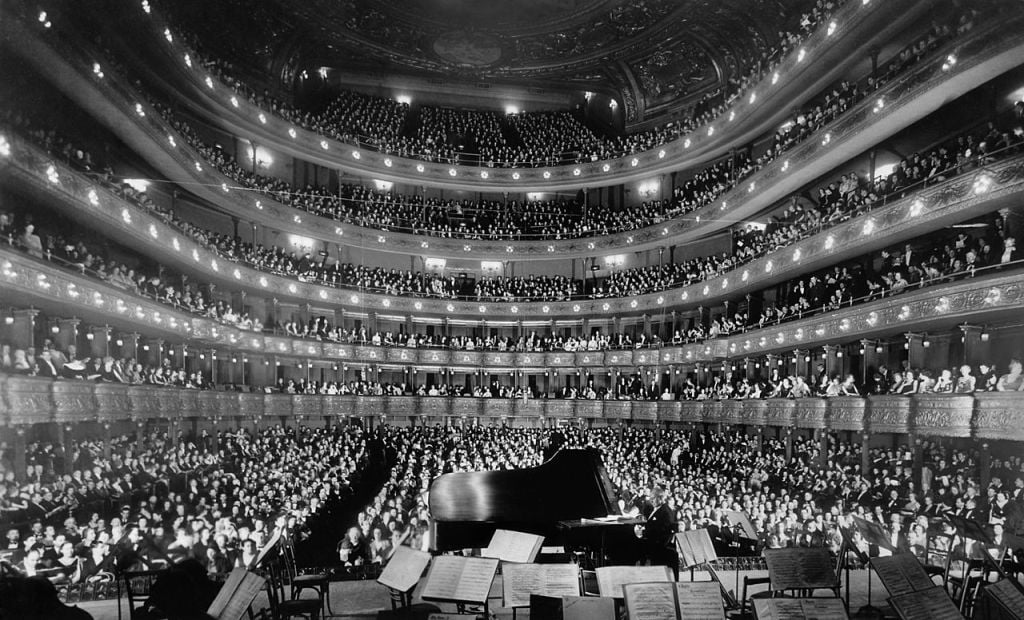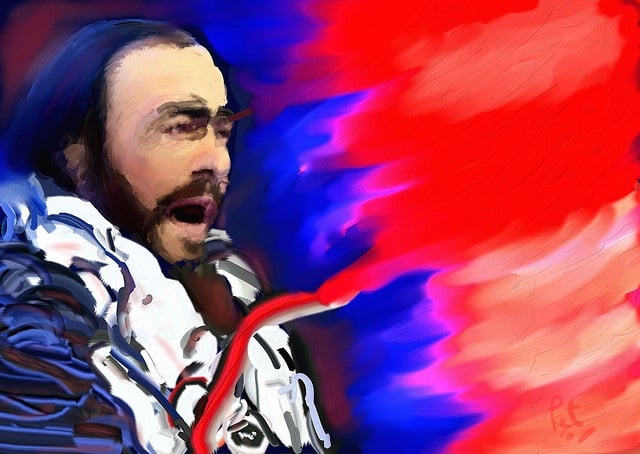How Opera Can Help You Learn Italian
Budding opera singers have long used learning Italian as the starting point to their careers, but did you know that learning opera (at least the lyrics) can help you learn Italian as well? After all, what better way is there to learn Italian than through the most classic of Italian music? Not only is it effective, but it is also fun, and gives you an excuse to listen to the most exquisite musical compositions of our time.
This emotional genre is perfect to help you master the passionate Latin language. Don’t worry, you don’t need to be able to sing it! Listening to and understanding the lyrics is enough. Here are four ways opera can help you learn Italian:
Perfect Your Pronunciation
One of the key aspects to getting a language right is mastering the pronunciation. Getting a feel for the sounds of the language is crucial. This is where opera is enormously helpful. Words are sung slowly and sounds are exaggerated, giving you ample time to hear the correct sounds and stresses of each individual syllable. An added bonus if you’re watching opera is you’ll be able to see the shapes the singers mouths make. The slow speed makes it much easier to replicate the correct mouth movements to get the perfect sound.
By listening to and watching opera, and familiarising yourself with the sounds, and by then practicing saying the words (or by giving your vocal chords a stretch and singing along!), you’ll find your grasp on Italian pronunciation will improve quickly as will your listening skills.
Already know a little Italian? Test your language level here!
Memorise Vocabulary
Studying vocabulary, and getting that vocabulary to stick in your head, is often one of the biggest struggles when learning a new language. Music is incredibly helpful in this regard, as it gives you the perfect opportunity to extend your vocab in a more meaningful way than learning from flashcards. Whether it’s the heartbreak in Madame Butterfly or promises of love in La Traviata, the words weaved into context of the libretto (opera lyrics) are much easier to remember than vocabulary learned in isolation.
Table of Contents
Photo by Patrick McDonald/Flickr
Learn Practical and Poetic Phrases
Unlike contemporary music where lyrics can be nonsensical and grammatically incorrect in order to fit melodies and rhythms, opera’s form as a story set to music means it is very useful for picking up actual phrases and dialogue. While opera is poetic as well, it has a surprisingly practical structure for learning Italian. As the story unfolds, you’ll start to piece together first words, then phrases and eventually grammar and tenses.
Clearer Communication
The main goal of opera (although it seems a shame to reduce such a beautiful art form to goals) is to communicate. Through song, the sopranos and tenors are communicating not just the story but the emotions. And, after all, that is why you’re learning a new language: to communicate. Take a lesson from the opera and think about how you can communicate beyond just reproducing the correct words. Let the intonations and rhythms, body language and emotions become part of your Italian vocabulary. After all, a language of passion is not just about nouns and verbs.
Now you know how why listening to opera is beneficial to your Italian language skills, it is time to get inspired. Take a look at the great Luciano Pavarotti singing Nessun Dorma from Turandot.
https://www.youtube.com/watch?v=rTFUM4Uh_6Y
Moved? You should be! Pick your favourite opera and get started. If you’re new to the world of opera, start with the more accessible operas like Verdi’s La Traviata, Puccini’s La Boheme or Rossini’s Il Barbiere di Siviglia (The Barber of Seville). Just think how much more you’ll appreciate these beautifully composed works of art once you fully understand what they’re singing!




